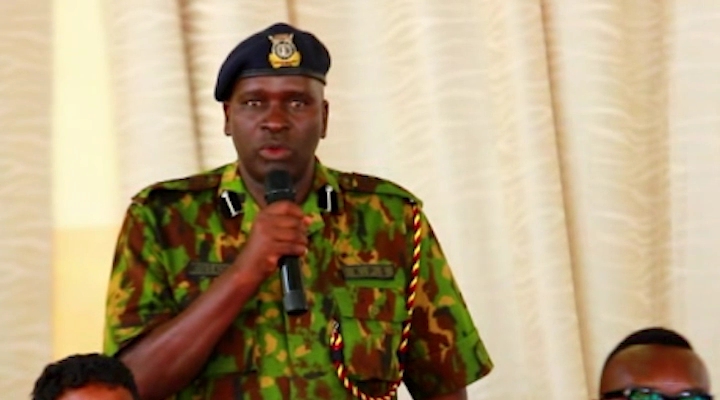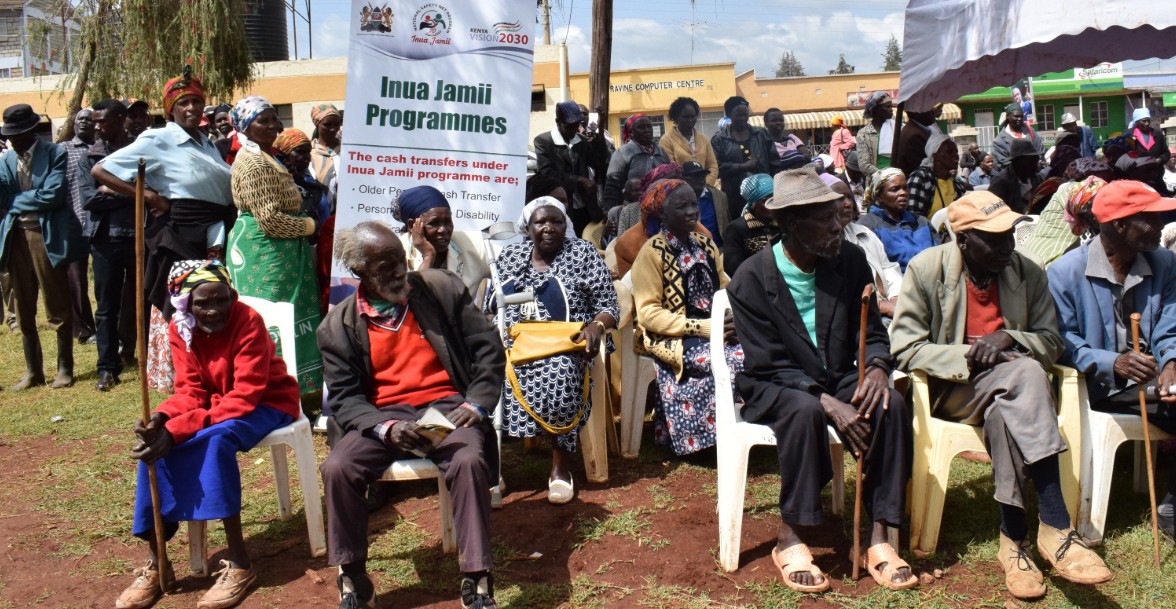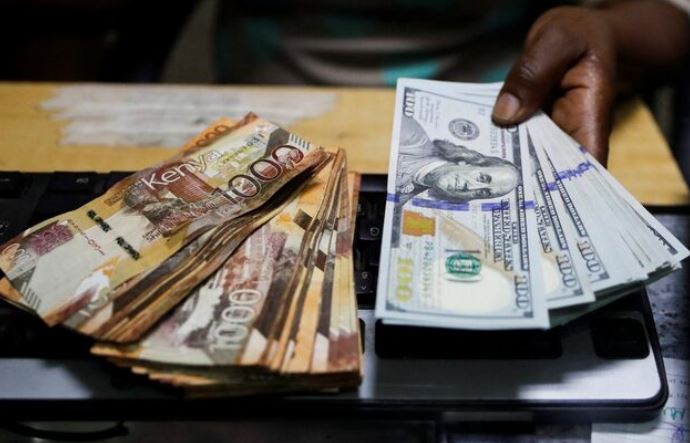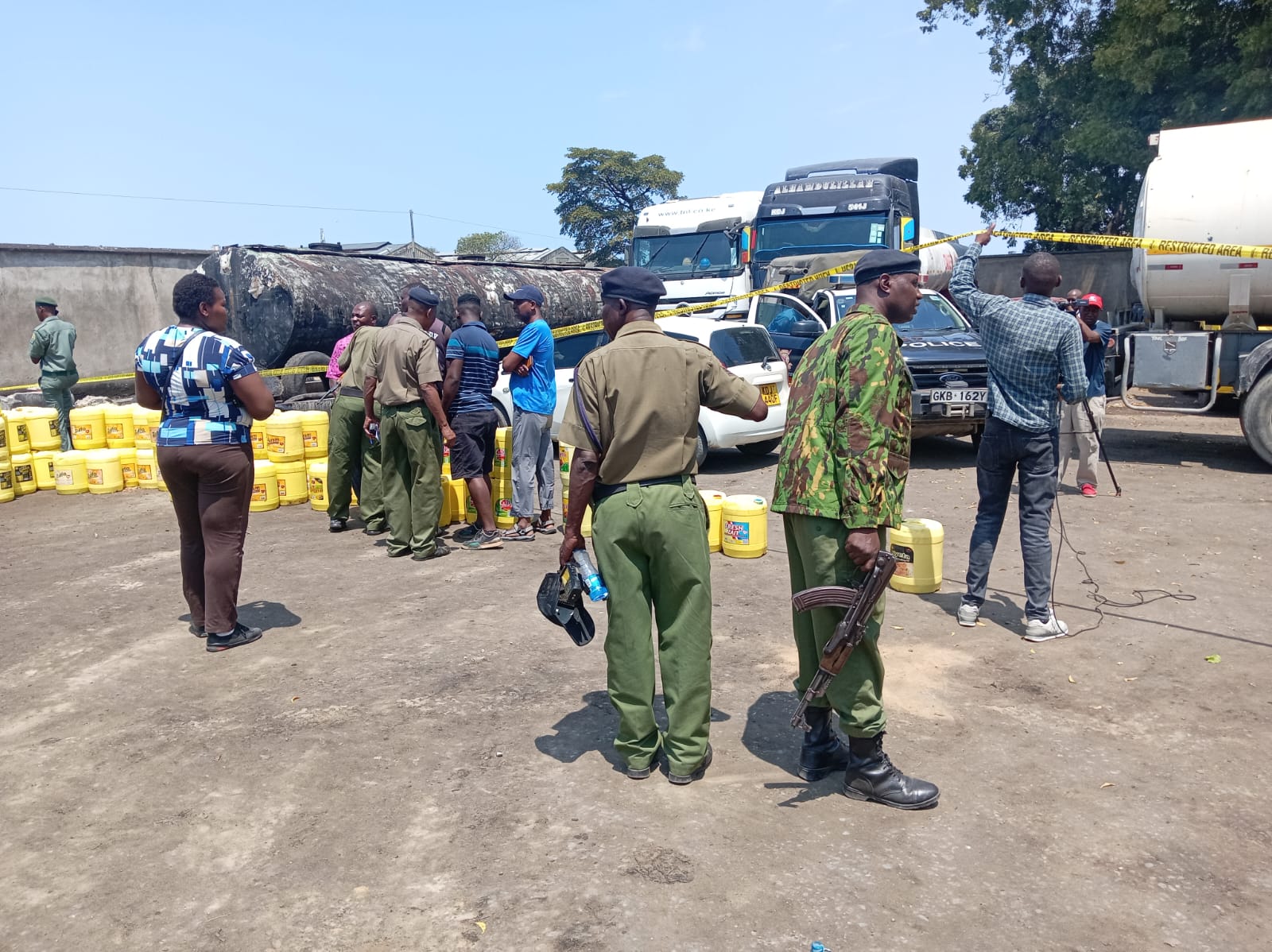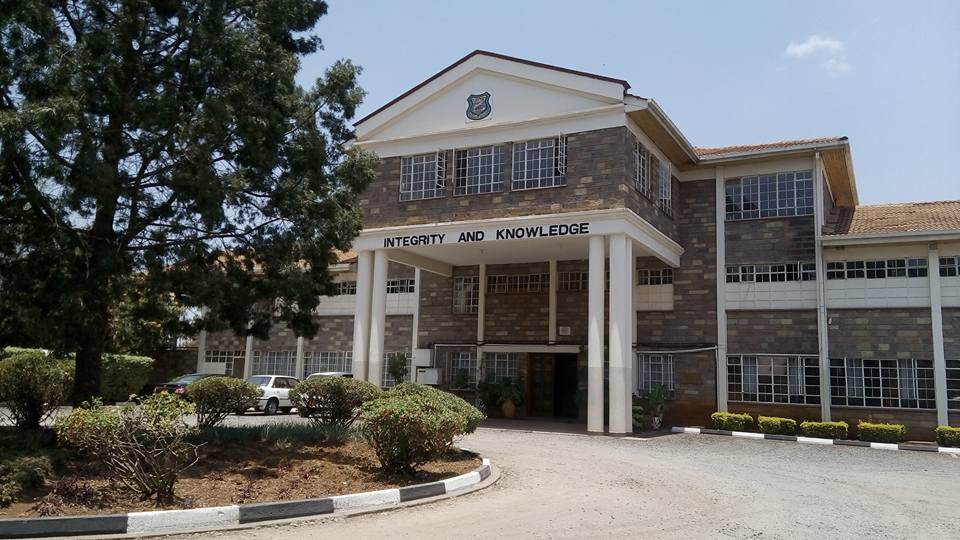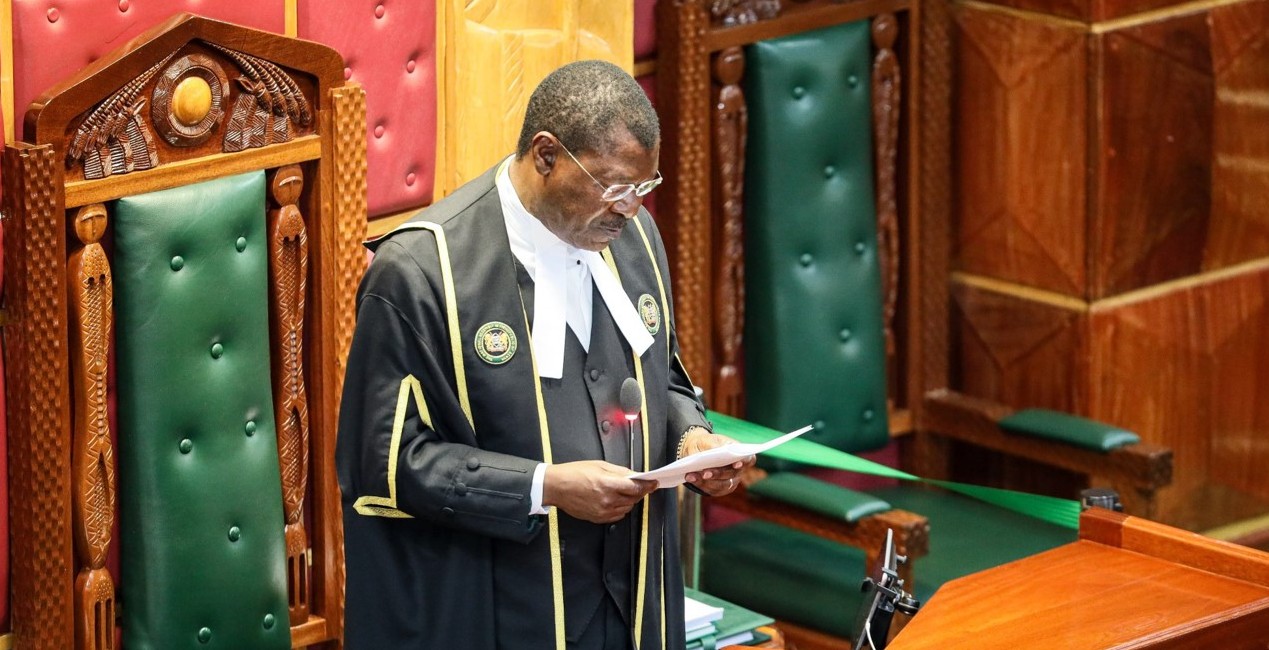Ethiopian rights group reveals discrimination in Trigrayan passport issuance
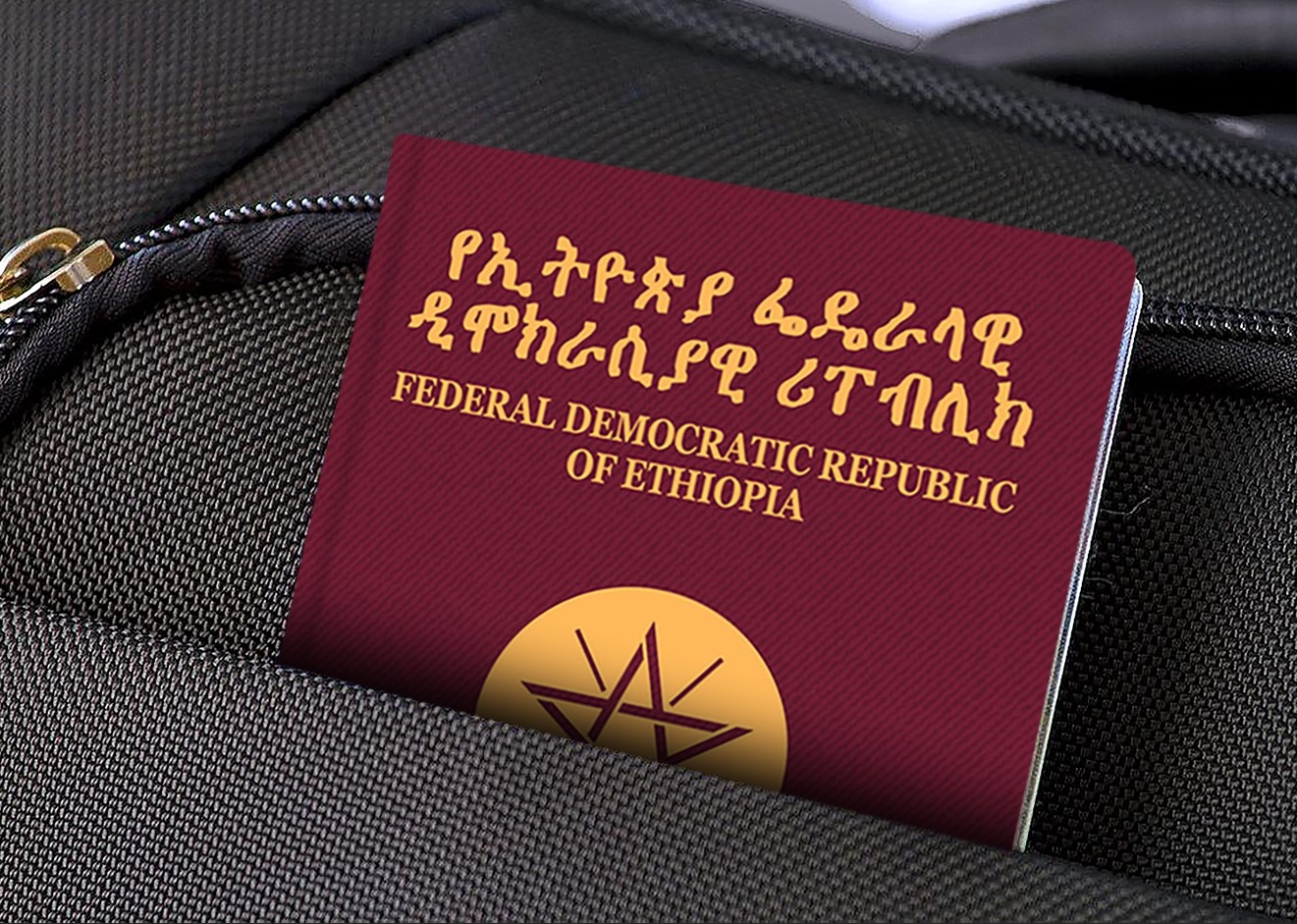
According to the report, systemic abuses and violations of constitutional rights have prompted calls for immediate reforms to address these concerns. The human rights watchdog advocates for equal service provision for everybody.
Human Rights First Ethiopia has uncovered alarming evidence of discrimination in passport issuance for Tigrayans by the Immigration and Citizenship Service.
The detailed inquiry, performed under Civil Society Organisations Proclamation No. 1113/2011, included direct interviews with impacted individuals and careful observation of passport processing procedures.
More To Read
The research uncovers serious systemic problems and discriminatory practices in the Immigration and Citizenship Service, emphasising the urgent need for reforms to protect the rights of all Ethiopians, particularly Tigrayans. Applicants have described a hostile environment characterised by discriminatory behaviour and a lack of respect from employees.
"Tigrayan applicants are frequently directed to a specific office (No.07), where they face additional scrutiny and harsh treatment," the report states.
According to the report, systemic abuses and violations of constitutional rights have prompted calls for immediate reforms to address these concerns. The human rights watchdog advocates for equal service provision for everybody.
"Issuance must be standardised to ensure that Tigrayan citizens receive the same level of services as other citizens, "the body recommended.
Human Rights First Ethiopia has warned that if these issues are not resolved, it will take legal action under Federal Courts Decree No. 1234/2013. The goal is to address systematic inequities and enforce Ethiopian citizens' constitutional rights.
The battle between Tigrayan and government officials lasted from November 3, 2020, to November 3, 2022.
The federal government framed the Civil War as a rapid security operation response. However, it eventually escalated into a protracted conflict after Tigrayans believed that Prime Minister Abiy sought to centralise authority, weaken regional governments, and impose personal rule.
Since the war began, many Tigrayans living in Addis Ababa and other parts of Ethiopia claim they have been regarded as criminal suspects and subjected to various sorts of discrimination, harassment, and abuse by government officials.
The federal government has been accused of contributing significantly to the number of civilian deaths from starvation. This was because the government blocked the supply of humanitarian aid. However, Tigrayan forces have also been accused of rape, looting, and murder of the Amhara and Afar communities.
Top Stories Today
